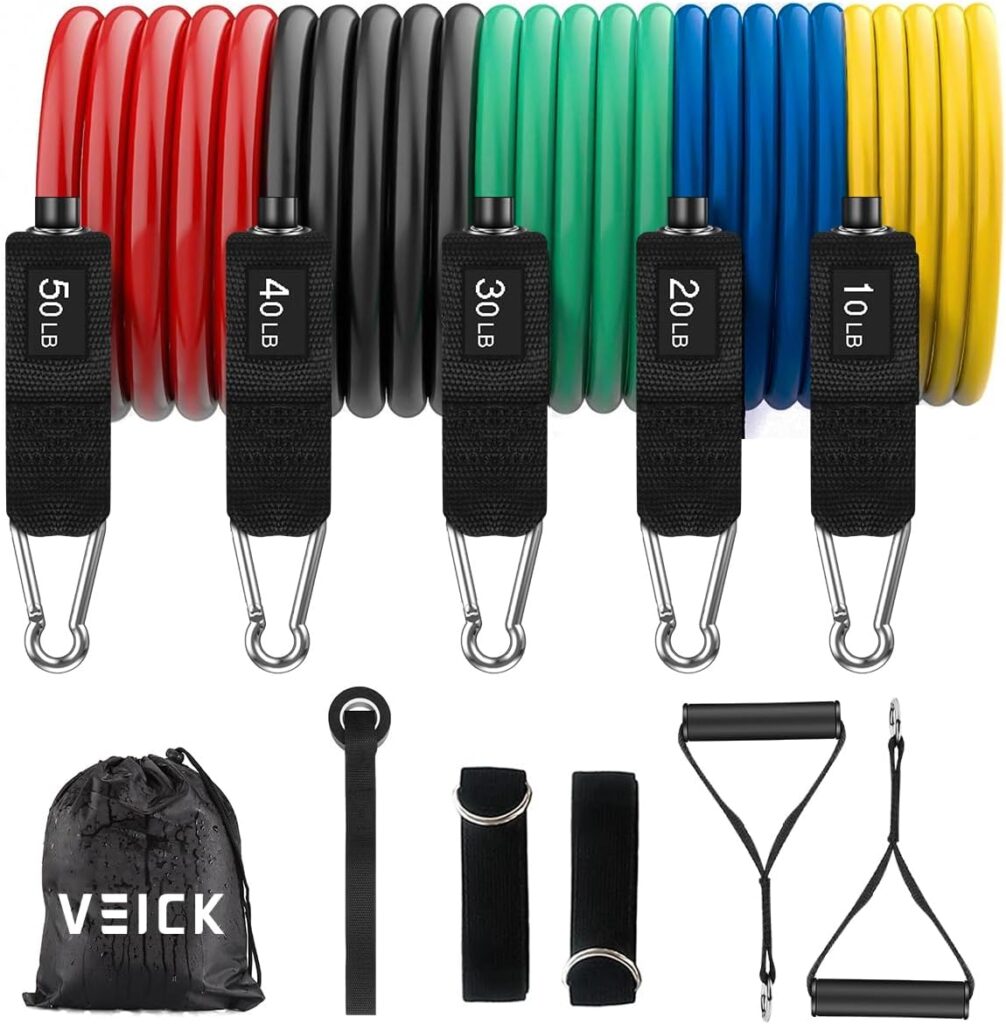Tennis is a sport that offers immense benefits at every stage of development, from early childhood to adolescence and beyond. For parents, understanding how to nurture and support their child’s tennis skills can be a rewarding journey. In this article, we’ll provide a comprehensive guide on how to help your child develop their tennis skills at every age, offering practical tips and strategies to ensure they enjoy the sport and reach their full potential.
- Early Childhood (Ages 4-6): Introducing the Basics
- Early Elementary (Ages 7-9): Building Fundamental Skills
- Late Elementary (Ages 10-12): Enhancing Skills and Strategy
- Early Teens (Ages 13-15): Strengthening and Specializing
- Late Teens (Ages 16-18): Mastery and Competitive Play
- Supporting Your Child at Every Age: Key Principles
- Final Thoughts
Early Childhood (Ages 4-6): Introducing the Basics
Focus on Fun and Engagement:
- At this age, the primary goal is to make tennis fun and engaging. Use soft, oversized balls and smaller racquets to make it easier for young children to hit the ball.
- Introduce basic skills like hand-eye coordination through simple games like catching and throwing balls.
Tips for Parents:
- Create a playful environment with activities that mimic tennis movements, such as bouncing the ball with their hand or racquet.
- Use positive reinforcement to build confidence and enthusiasm. Celebrate small successes to keep them motivated.
Early Elementary (Ages 7-9): Building Fundamental Skills
Developing Technique and Coordination:
- Begin teaching proper grip, stance, and basic strokes (forehand, backhand, and volleys). Focus on developing coordination and balance.
- Incorporate fun drills that emphasize footwork and agility, such as running through cones or hopping on one foot while hitting the ball.
Tips for Parents:
- Encourage regular practice through fun, family-friendly games. Play mini-tennis matches at home or at the local court.
- Enroll your child in a beginner’s tennis program or group lessons to foster social skills and learning through peer interaction.
Late Elementary (Ages 10-12): Enhancing Skills and Strategy
Refining Technique and Introducing Strategy:
- Focus on refining stroke technique and consistency. Introduce basic game strategies and the importance of shot placement.
- Encourage participation in low-pressure tournaments or local competitions to build match experience and resilience.
Tips for Parents:
- Support your child’s participation in structured tennis programs that offer a mix of drills, practice matches, and physical conditioning.
- Watch professional tennis matches together to help your child understand game strategy and inspire them to emulate their favorite players.
Early Teens (Ages 13-15): Strengthening and Specializing
Advanced Skills and Physical Conditioning:
- Emphasize advanced stroke techniques, spin, and power. Introduce specialty shots like drop shots and lobs.
- Incorporate strength and conditioning exercises to improve endurance, speed, and overall fitness. Focus on injury prevention through proper warm-ups and cool-downs.

Recommended Resistance Bands: VEICK Resistance Bands
Resistance bands can help with endurance, strength, and injury prevention!
Tips for Parents:
- Work with a qualified tennis coach to develop a personalized training plan that addresses your child’s strengths and areas for improvement.
- Encourage a balanced approach that includes academic responsibilities and other interests to prevent burnout and maintain a healthy lifestyle.
Late Teens (Ages 16-18): Mastery and Competitive Play
Fine-Tuning and Competitive Edge:
- Focus on fine-tuning skills, mastering advanced techniques, and developing a competitive mindset. Emphasize mental toughness and strategic thinking.
- Encourage participation in higher-level tournaments and, if interested, explore opportunities for college tennis scholarships or professional pathways.
Tips for Parents:
- Provide emotional support and encouragement, emphasizing the importance of effort and perseverance over winning.
- Help your child manage time effectively, balancing tennis commitments with academics and social activities.
Supporting Your Child at Every Age: Key Principles
Positive Reinforcement:
- Consistently provide positive feedback and encouragement. Celebrate efforts and improvements rather than just results.
Active Involvement:
- Show interest in your child’s progress. Attend matches, practices, and events to demonstrate your support.
Balanced Approach:
- Promote a balanced lifestyle that includes rest, nutrition, and time for other interests. Avoid putting excessive pressure on performance.
Open Communication:
- Maintain open lines of communication with your child and their coaches. Understand their goals, challenges, and aspirations.
Final Thoughts
In conclusion, supporting your child’s tennis development from beginner to pro involves understanding their needs at each stage and providing the right balance of encouragement, training, and fun. By focusing on fundamental skills, refining techniques, and fostering a love for the game, parents can help their children thrive in tennis and enjoy a fulfilling, lifelong sport. Remember, the journey is just as important as the destination, so enjoy every moment as your child grows and excels in their tennis journey.


